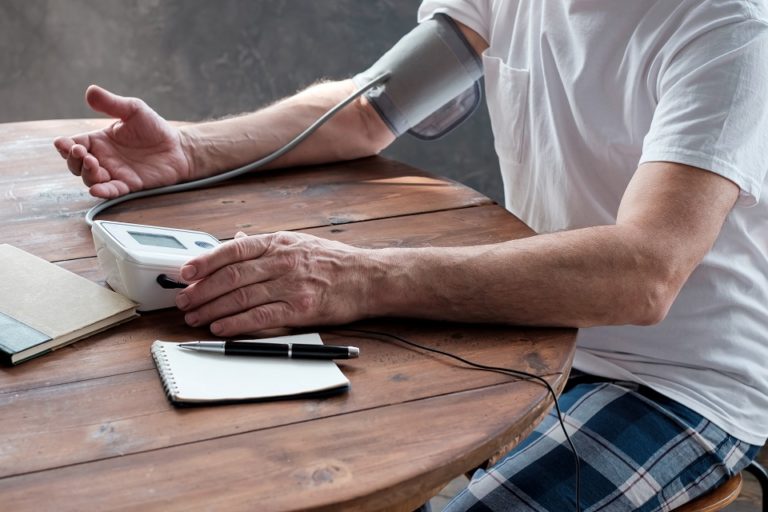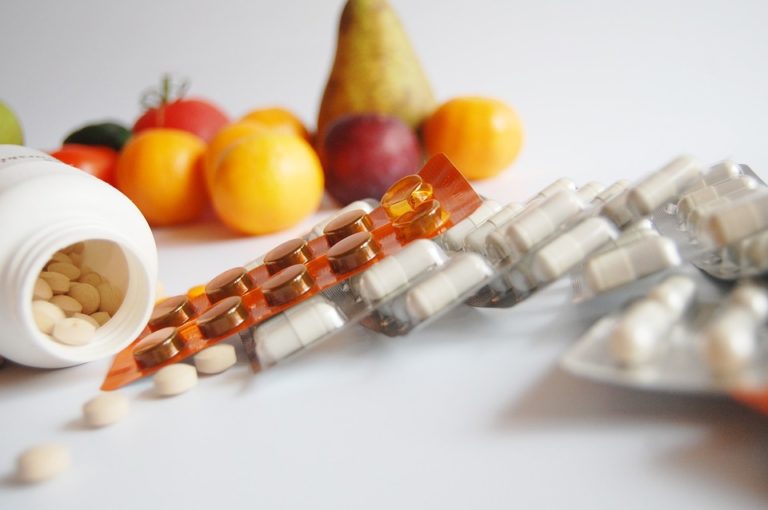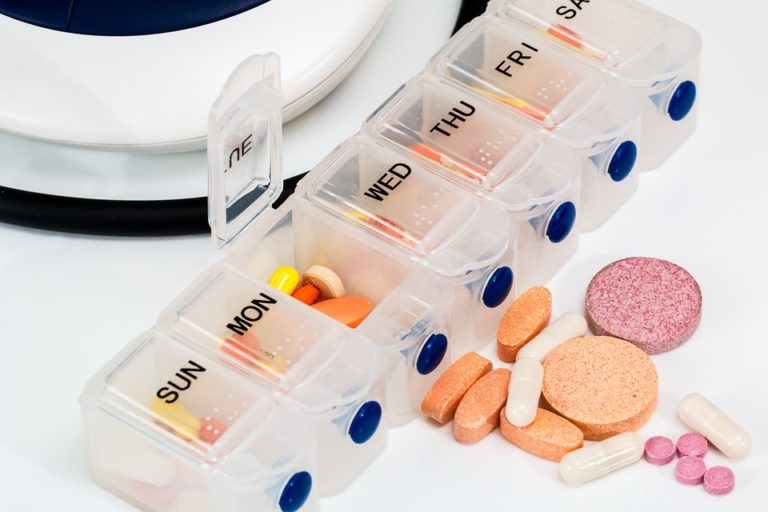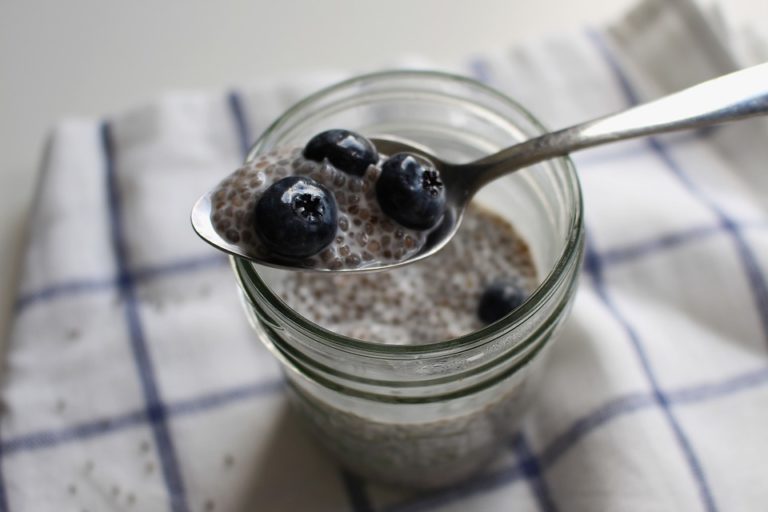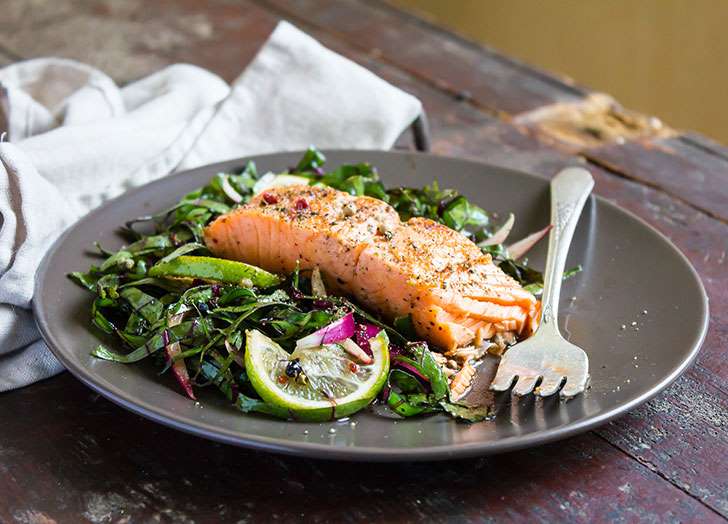
If you’re one of the estimated one in eight people who suffers from tooth hypersensitivity, it’s important to understand why you feel that shock of pain anytime you eat something very hot or cold.
According to Kim Harms, DDS, spokesperson for the American Dental Association, tooth sensitivity is caused by an exposure of nerve endings, due to the erosion of either the enamel on the top of the tooth or the bone and gum tissue below.
These tiny, tube-shaped nerve endings lead back to the main nerve of the tooth, the pulp. When your teeth are exposed to one of the many factors that can trigger a wave of sensitivity—like cold foods, acidic drinks, or even wind—it irritates the nerve endings and provokes a jolt of pain in the pulp.
Understanding this process can help you figure out which products and techniques might work to lessen or totally eliminate your pain. Work with your dentist to find solutions to pain that’s very severe.
Use toothpaste designed for sensitive teeth
The first step in managing tooth pain is to switch from a regular toothpaste to one specifically designed for people with sensitive teeth. Hyper-sensitivity toothpastes work by filling up the nerve-ending tubules and blocking them from irritation.
Harms says the best toothpastes for sensitive teeth contain either fluoride, potassium nitrate, or strontium chloride, and are stamped with the American Dental Association’s seal of acceptance.
Just as important is what they don’t contain—sodium lauryl sulfate, an ingredient in most toothpastes that makes the formula foamy when you brush, but can also irritate sensitive teeth and gums. Consider Sensodyne Repair and Protect Sensitivity Toothpaste for Sensitive Teeth Relief, which desensitizes teeth over time and strengthens acid-softened enamel.
Another leading formula is Colgate Sensitive Complete Protection Toothpaste, which uses potassium nitrate to gradually build tolerance for hot, cold, and sugary foods. Both contain fluoride and carry the ADA Seal of Acceptance. According to Harms, this simple switch completely eliminates the pain for many people with sensitive teeth.
If it doesn’t help enough, speak to your dentist about the possibility of using a prescription toothpaste, which contains more fluoride than everyday drugstore brands.
Brush your teeth with softer strokes
To avoid damaging any more enamel or gum tissue, be sure to use a toothbrush with soft, supple bristles, Harms says. Using a hard, stiff toothbrush can continue to gnaw at your enamel and gums, making you even more susceptible to tooth sensitivity. You should also aim to use soft, gentle strokes when brushing, especially when approaching the gum line.
Keep up with your routine
Practicing a healthy daily oral care routine is good advice for anyone, but it’s especially important for those with sensitive teeth. Harms recommends brushing both morning and night, flossing daily, and replacing your toothbrush as soon as the bristles begin to fray.
Additionally, rinsing with a mouthwash high in fluoride each day may help reduce sensitivity, but be wary of rinses containing alcohol, which could dry out your mouth and actually make your pain even more severe.
Guard your teeth from grinding
According to the American Sleep Association, an estimated 10 percent of people suffer from chronic nighttime teeth-grinding, also known as bruxism, which can be triggered by stress, certain medications, sleep disorders, and other factors. Grinding night after night puts immense amounts of pressure on your teeth, which can wear away at the enamel and increase tooth sensitivity.
If you suspect that you’ve been grinding your teeth at night—you might wake up with a sore jaw or headaches, or your teeth may look smooth as if they’ve been filed—talk to your dentist about getting a customized mouth guard to wear during sleep to prevent clenching.
Steer clear of teeth-whitening products
If you experience tooth sensitivity regularly, it may be best to avoid teeth-whitening bleaches—both over-the-counter kits and professional procedures at the dentist’s office. Teeth-whitening products contain high levels of a chemical called carbamide peroxide, which evolves into hydrogen peroxide in your mouth.
In many cases, this hydrogen peroxide cuts through the enamel and exposes your tooth’s nerve endings, leading to increased sensitivity. For those who already deal with tooth sensitivity on a regular basis, adding a whitening product into the mix may only make matters worse.
Avoid acidic foods and drinks
If you experience tooth sensitivity, you’re probably well aware that certain hot, cold, and sweet foods can send your teeth reeling from pain. The simplest way to minimize it is to avoid eating very hot and cold foods, sweets, and products that are highly acidic—such as soda and citrus fruits.
Dr. Harms especially warns against chewing on things that are both cold and crunchy, like ice. The dramatic change in temperature combined with the toughness of the ice increases your risk of cracking a tooth, which would heighten your sensitivity even more.
If your pain persists, talk to your dentist
Persistent pain and sensitivity, especially if it’s concentrated on one tooth, is often a sign that something more serious is going on in your mouth. If using hyper-sensitivity toothpaste, cutting back on acidic foods, and using a softer toothbrush and a lighter touch don’t seem to be wiping out any of the pain, make sure to mention your tooth sensitivity to your dentist at your next visit.
Hyper-sensitivity that can’t be cured with these simple tricks may be caused by a crack in the tooth, a damaged nerve, an infection, or a range of other complications. Fortunately, your dentist should be able to address these issues with fillings, fluoride varnishes, and other treatments, relieving you of your nagging toothache.







